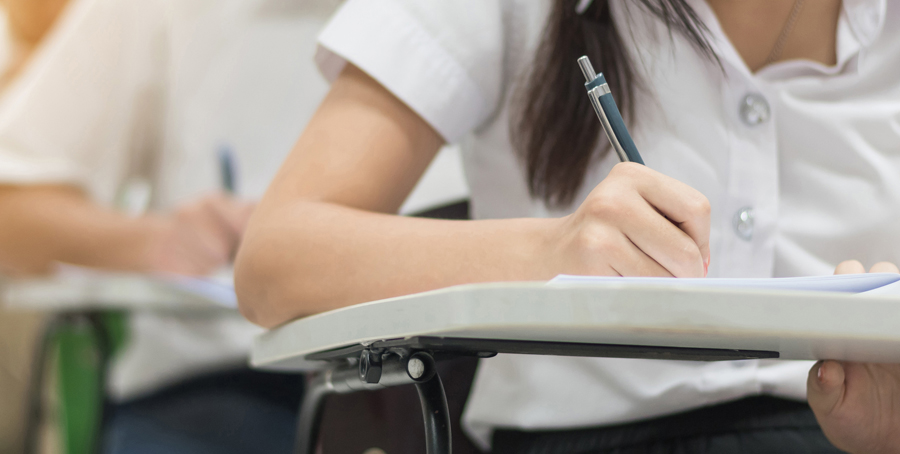A collation of head teachers, parents and MPs are calling on Downing Street to pause SATs and all statutory assessments in primary school in England to provide children with adequate time to properly catch up on lost learning caused by school closures.
The government’s plans to assess four and five-year-old children in their first few weeks of school from September should be postponed, according to a report from the More Than A Score campaign group.
A YouGov survey of 2,012 parents in England with children aged 4 to 11 suggests that only 15% think spending time preparing for assessments should be included in a “catch-up” programme for pupils.
The poll found that 67% of parents would prefer the programme to include their children participating in activities which were not accessible during lockdown, most of which take place outside of the classroom such as drama, outdoor play and group sports.
The More Than A Score report urges the government to pause the introduction of the RBA, as well as SATs and all other statutory assessments in Years 1, 2, 4 and 6, including the phonics and times tables checks.
Alison Ali, a spokesperson for More Than A Score, said: “Everyone’s talking about catch-up and lost learning. At More Than A Score, we say there’s a simple solution for primary schools: don’t bring back Sats and the other assessments children have to sit in five out of seven years.
“Cancelling them for two years has had zero negative impact. Keeping them out of schools will give teachers and children the time they need to bridge learning gaps and focus on wellbeing.
“Change to the system is long overdue and any focus on true recovery is incomplete without an acknowledgement of this.
“The chorus of parents, heads, children, unions, MPs and dozens of organisations working in the field agree: the time has come to turn the page on the current primary assessment regime.”
In response, a Department for Education (DfE) spokesman said: “Assessments are designed to enable teachers to track pupils’ progress, helping to make sure they stay on track to fulfil their potential throughout school.
“Our reforms are helping to ensure children leave primary school with a secure grasp of reading, writing and mathematics, as part of a broad and balanced curriculum.
“We have already invested £1.7 billion in ambitious catch-up activity, and are working with parents, teachers and schools to develop a long-term plan to make sure all pupils have the chance to recover from the impact of the pandemic as quickly and comprehensively as possible.”

